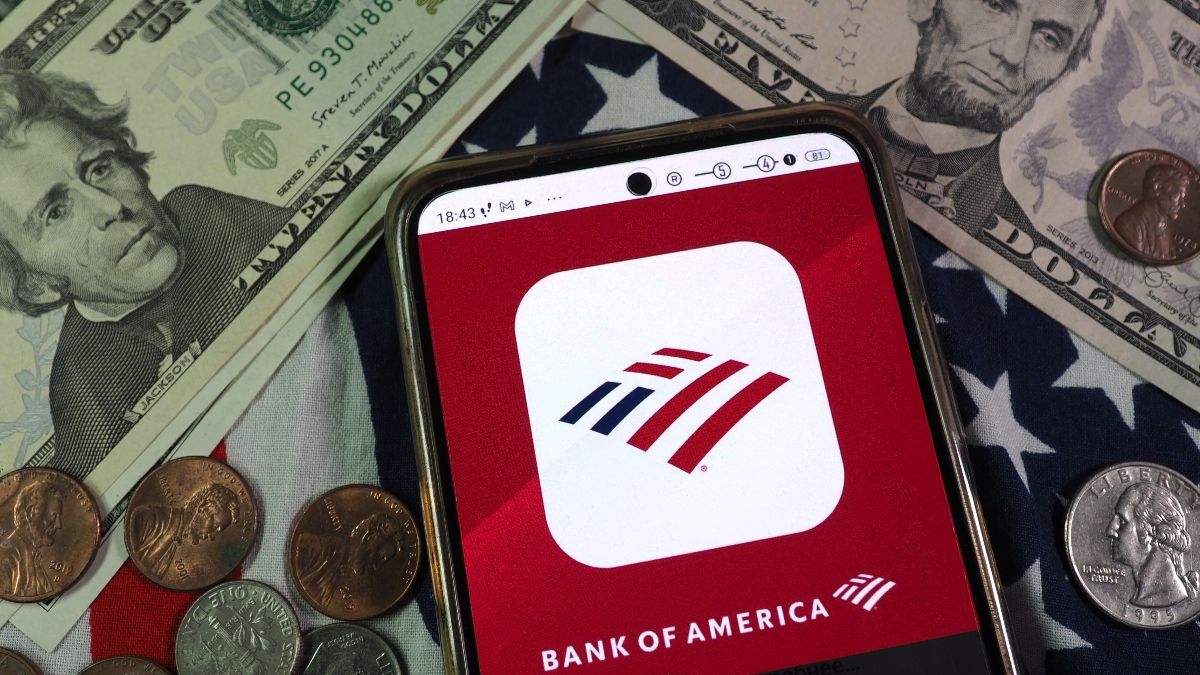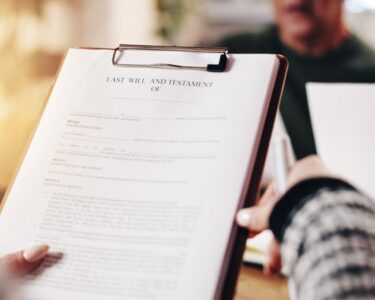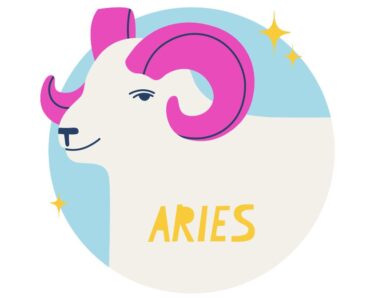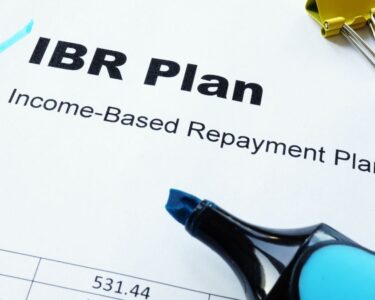Have you heard about people receiving an unexpected phone call from Bank of America recently? It’s become quite a problem as countless Americans are finding themselves targeted by fraudsters posing as the financial corporation. These urgent calls are part of a new Bank of America scam meant to scare people into providing sensitive information. Keep reading to learn more about the details of this tricky scam, plus how to best protect yourself.
What’s happening: The fake ‘declined charge’ trick
Finding out your card has been declined can be stressful—and scammers know it. That’s exactly why they’re using this scenario as the hook for their latest scheme. In a scam making the rounds this year, callers pretend to be from Bank of America and alert the recipient that their recent purchase at Target has been declined.
If you don’t have an account with Bank of America or don’t shop at Target, it’s easy to dismiss this as a scam right away. But anyone who uses the bank might not realize right away they’re being duped. This could lead to giving away valuable information that the scammers can utilize for their own benefit.
How the scam unfolds: What to expect
This phone-based scam starts with a call from an unknown number. The person on the line claims there was a declined charge at Target using your name. Then, the scammer says that if the charge wasn’t made by you, you should call the provided phone number to get the situation resolved.
At that point, you’re connected to a fraudster who further emphasizes that your account is at risk. The experts at MalwareTips.com say you may hear phrases such as “We need to verify your identity” or “Your account may have been compromised” to instill trust and get you to act quickly. Some scammers may also provide a fake case number or transaction ID to make the alleged bank fraud seem legitimate.
From there, most of the criminals will use high-pressure tactics to get you to act quickly and provide the “needed” information to clear up the situation. This may include:
- Debit or credit card number
- Social Security number
- Online banking login information
In some cases, they also want to collect the sound of your voice to use it for identification purposes when posing as you later on.
“If you call the number they can trick you into saying something like ‘yes’ or ‘I authorize you to….’ And then they use that recording to access and clean out your financial accounts,” one Facebook user shared in a neighborhood group.
All of these situations have the potential to lead to drained bank accounts, identity theft and continuous targeting for future scams.
What to do if you’ve been targeted
If you discover you’ve been scammed, take action immediately to protect yourself and minimize the damage. First, report the scam to Bank of America and any other financial institutions and credit card companies you use. When you contact the fraud department for each, alert them that you believe you have been victimized in a scam.
You will also want to reach out to the three credit reporting agencies (Experian, Equifax and TransUnion) to place a fraud alert on your file. This ensures no new and unauthorized accounts can be opened under your name.
Finally, consider changing your passwords and login information for any online accounts you believe the scammer could now have access to after the phone exchange.
How to stay safe

One of the best ways to protect your money and personal information is to know what to watch for. Here are the signs you are likely being targeted by a scammer:
- Unknown phone numbers not linked to Bank of America. MalwareTips.com reports that (973) 621-0060, (800) 504-7355 and (833) 225-5516 have been some of the most commonly reported numbers.
- Requests to call an 800 or 833 number to decline or approve a Target purchase.
- A sense of urgency meant to scare you into acting fast.
If you have any concerns regarding your bank account, it’s best to verify through official sources—like your secure online account or a legitimate customer service phone number. Also important to note: The financial institution assures that “Bank of America will never ask you to move or withdraw money or pay anyone, including yourself.”
The bottom line: Exercising caution is key for any unexpected Bank of America phone calls. If something feels a bit “off,” it probably is!






